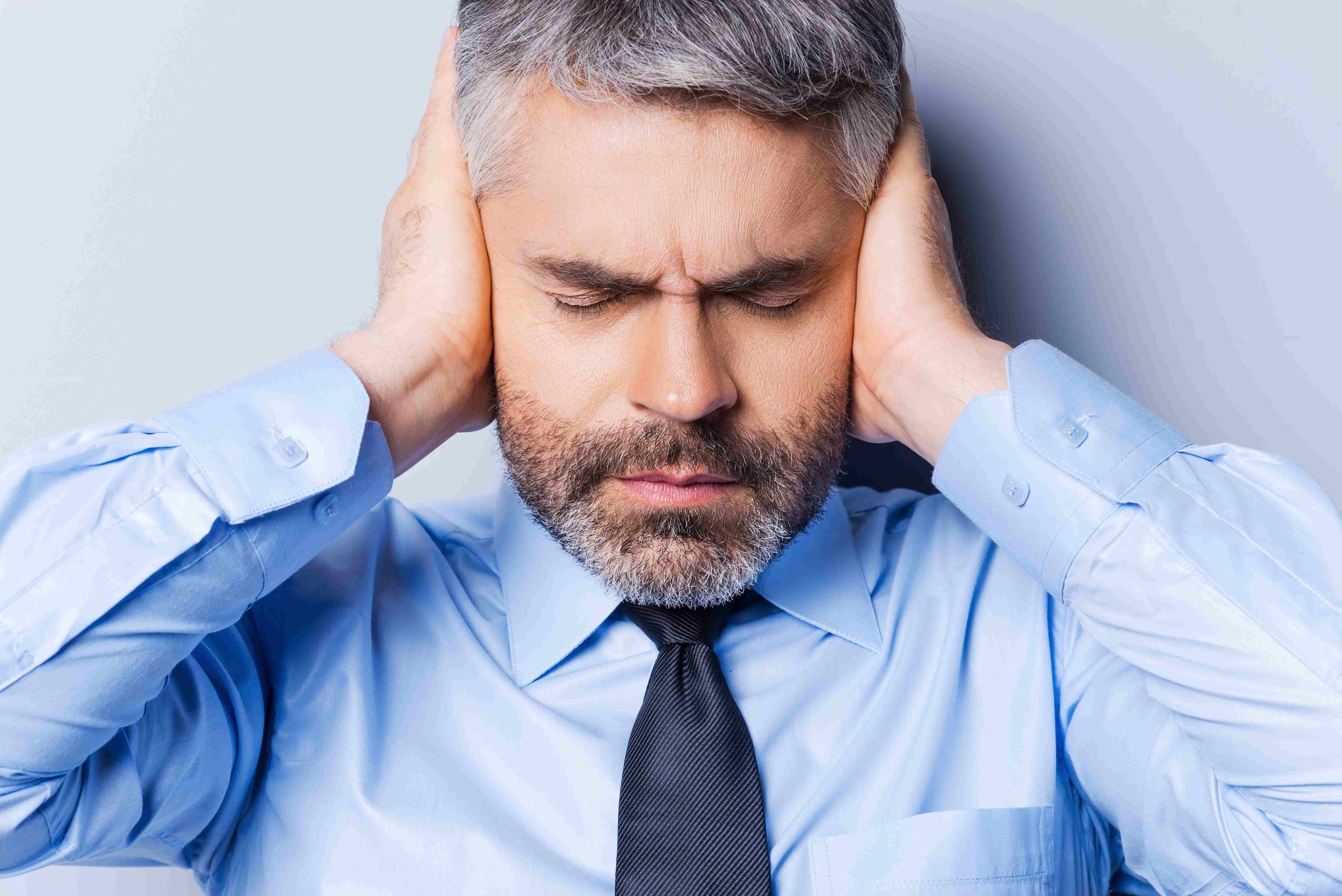
Who Is at Risk for Developing Tinnitus?
When it comes to your hearing, you will know that doing what you can to look after it is more important than anything else. You would take care of your eyes by seeing an optician and you would get your feet remeasured if you needed new shoes.

How to Persuade a Loved One to Try Hearing Aids
Some people are notoriously stubborn when it comes to their overall health. Some people do not want to put a burden on other people, and some are concerned about the lifestyle changes that they may have to make as the result of their new diagnosis. If you know that a loved one probably needs a hearing aid, but they are just being stubborn about it, then there are a few ways that you can try and nudge them in the right direction.
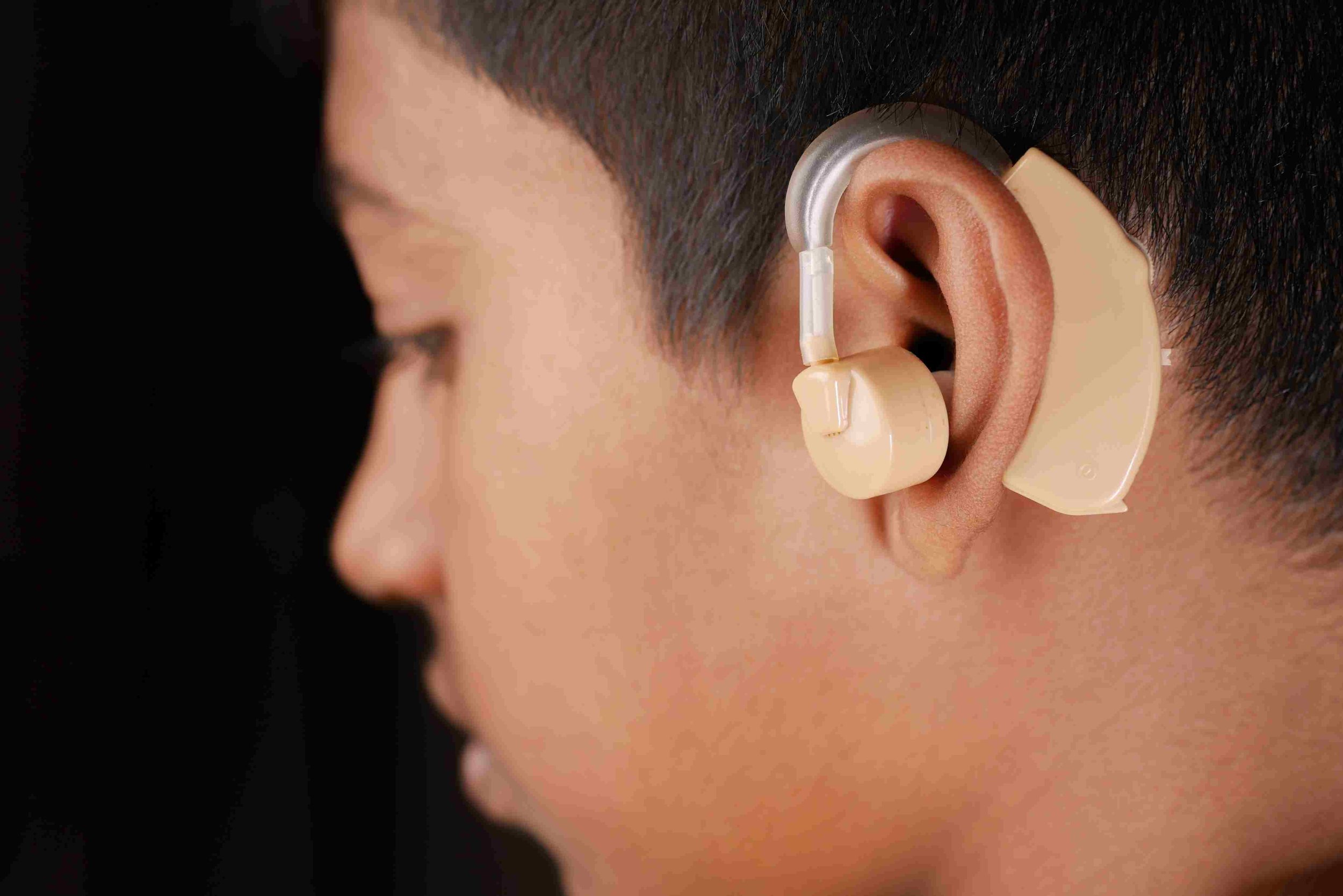
Stigma Around Using Hearing Aids Waning
For one reason or another, hearing aids have had a stigma attached to them as years have gone by. Many people equate having hearing aids to getting older or being elderly, but this can have a huge impact on the health and quality of life of people who require hearing aids on a day-to-day basis.
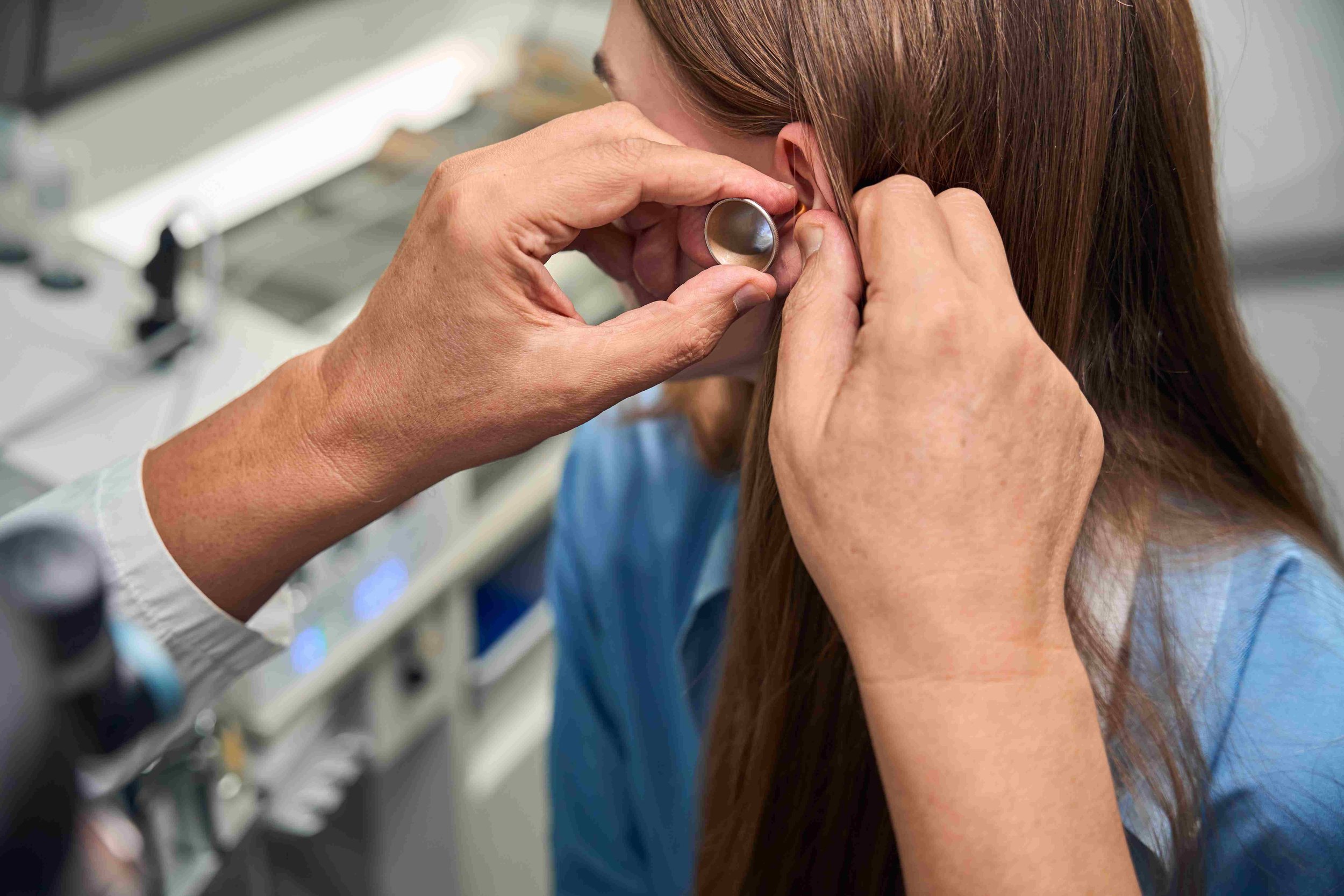
4 Factors in a Successful Hearing Aid Fitting
If you’ve recently been diagnosed with hearing loss, your audiologist likely recommended buying hearing aids to help you communicate better. Your audiologist will work with you to find the best possible solution for your specific needs, whether you want something small and discreet, or something large and feature filled.

Hearing Loss and Hearing Aid Facts
According to the Center for Hearing and Communication, 48 million Americans have significant hearing loss. Among Americans over 65, one in three people have lost at least a degree of their hearing, whereas over 75, that number goes up to two out of three people.
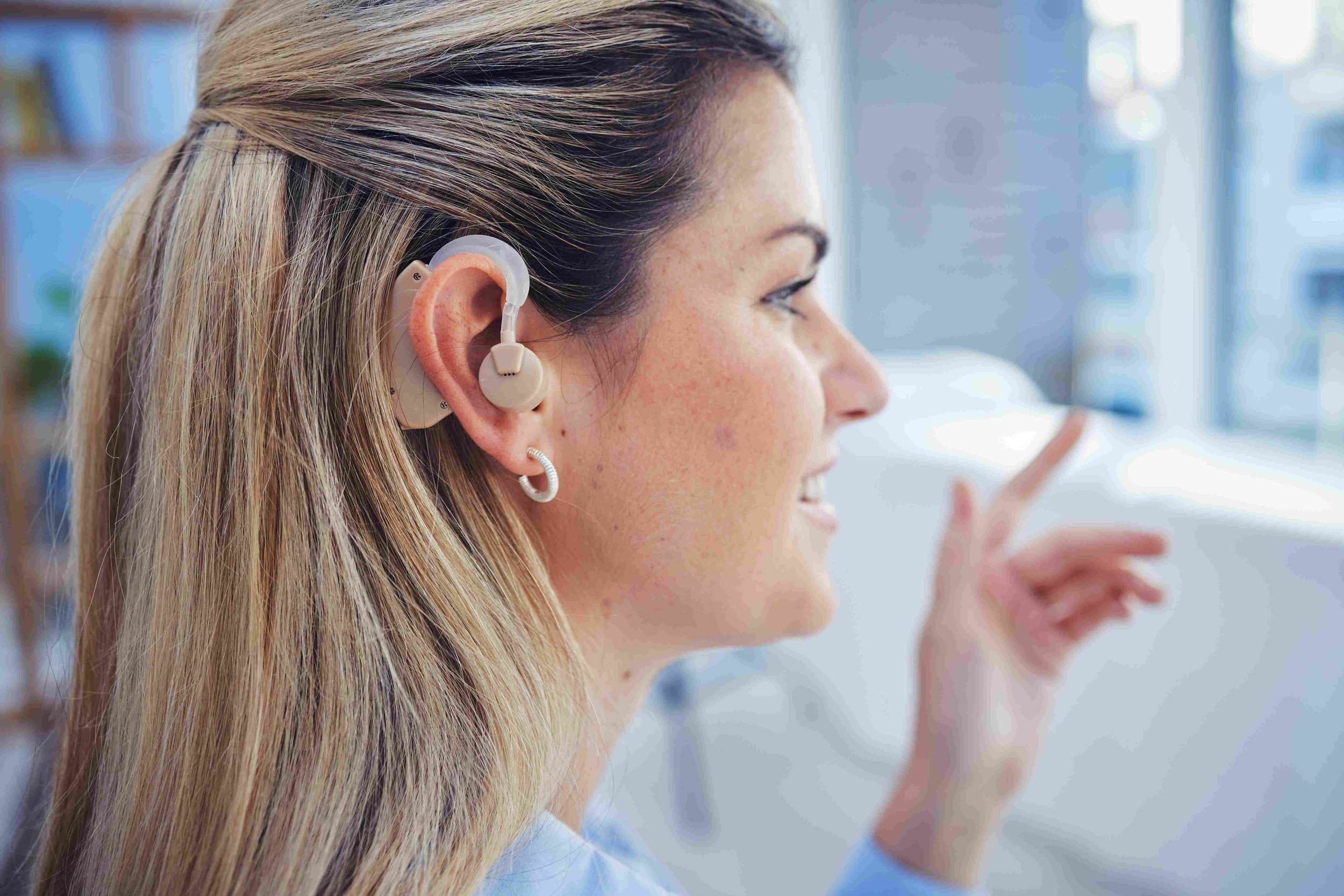
Hearing Aids for Adults: Benefits and Costs
Hearing aids are incredibly common and offer the wearer an even better quality of life. Hearing issues are also very common; millions of people each year are diagnosed with hearing loss. That is why hearing aids can provide numerous benefits.
Your audiologist will be able to speak to you relating to the types of hearing aids available and how they can enhance your hearing, so that you can lead the best life possible. This is particularly important for people at work or who have many social interactions. Hearing is important! So, let’s look at some of the benefits and costs that are associated with hearing aids.
4 Common Hearing Aid Repairs
Like most technology, hearing aids have some problems and malfunctions every now and then. You might find that you need to send your hearing aids off for repairs. It could be something simple, or it might be a little more complicated. Hearing aid repairs cover a range of issues; some issues might have a quick fix and others may take longer. Here are four of the most common issues that could lead to your hearing aids needing to be repaired.
Signs Your Hearing Aid Need Repairs
Thousands of people rely on their hearing aids to help them to hear better all over the world. The whole point of hearing aids is to ensure that any hearing loss is supported and enhanced as much as possible. Hearing aids are designed to make your life as easy as possible, and they can also make you safer at the same time.
Troubleshooting Your Hearing Aid Problems
If you have hearing loss, your hearing aids likely play a crucial role in your day-to-day activities. However, like all advanced technological devices, hearing aids can also suffer issues that require repairs. Depending on the severity of your issue, there may be some troubleshooting steps you can follow that will fix your hearing aid without much work. Let's have look at the most common issues and which hearing aid repairs may be extensive enough to require an audiologist.
What to Expect from Hearing Aids
Around 48 million Americans have some form of hearing loss; even if yours is a mild case, it’s likely that wearing hearing aids will present major benefits. However, it’s important to find the right audiologist to help you select the devices that will meet your specific needs and wants.
When trying to determine which hearing aids are right for you, there are a number of factors to consider, from which style is best for your needs to which features would be most beneficial to your hearing loss.
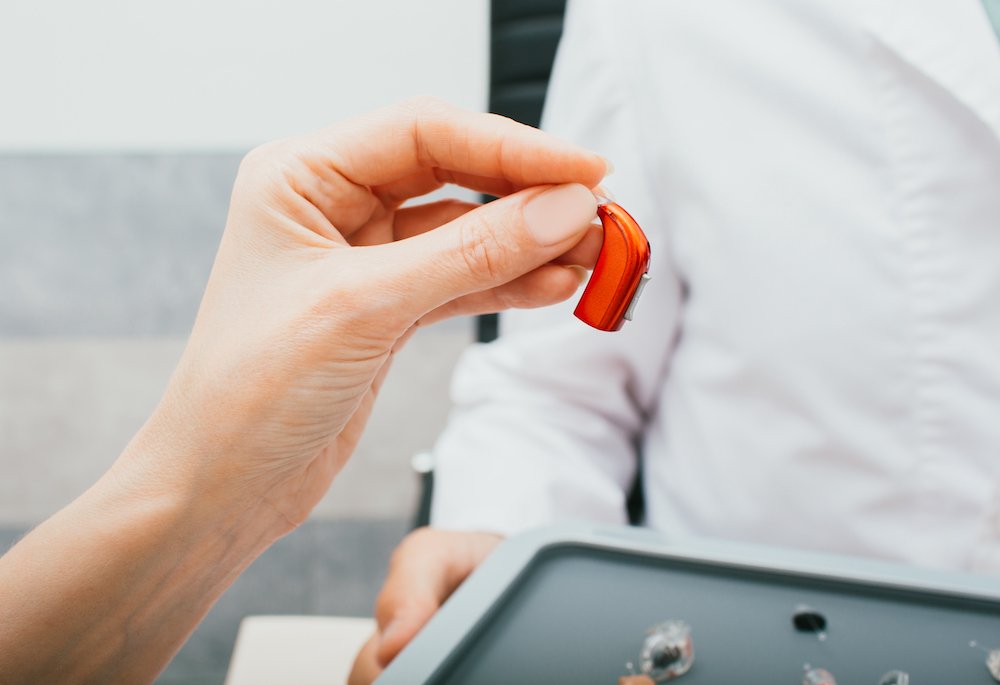
Mobile Phones Compatible with Hearing Aids
Many people who wear an analog hearing aid and want to use a mobile phone at the same time must make sure that the two devices are compatible with each other. Otherwise, there is a risk that annoying noise will arise when making a phone call, when the hearing aid and the mobile phone meet. These range from a monotonous hum to annoying squeaking, which can also lead to hearing damage. But how do you know that a mobile phone is compatible with hearing aids? There is a simple way to know this, but first let’s look a little deeper into the issue.
What to Expect at Your Hearing Aid Evaluation?
If you believe you may be experiencing hearing loss, then attending a hearing aid evaluation can be the first step towards accessing treatment. There are several things you can expect to take place before, during and after your hearing aid evaluation, including:
What are the Best Hearing Aids for Severe Hearing Loss?
Hearing loss comes in different shapes and forms. For people who are experiencing hearing loss for the first time, it’s hard to tell whether they are dealing with severe or mild hearing loss without running a hearing test. However, you can get a feel for your hearing health by understanding which sounds you can and can’t hear.
10 Signs That You Are Wearing an Ill-fitting Hearing Aid
Millions of people in the United States wear hearing aids, and for many, it is a life-changing experience. However, for some, wearing a hearing aid can be difficult because the aid does not fit properly. If you are having trouble with your hearing aid, you may need to get a new one.
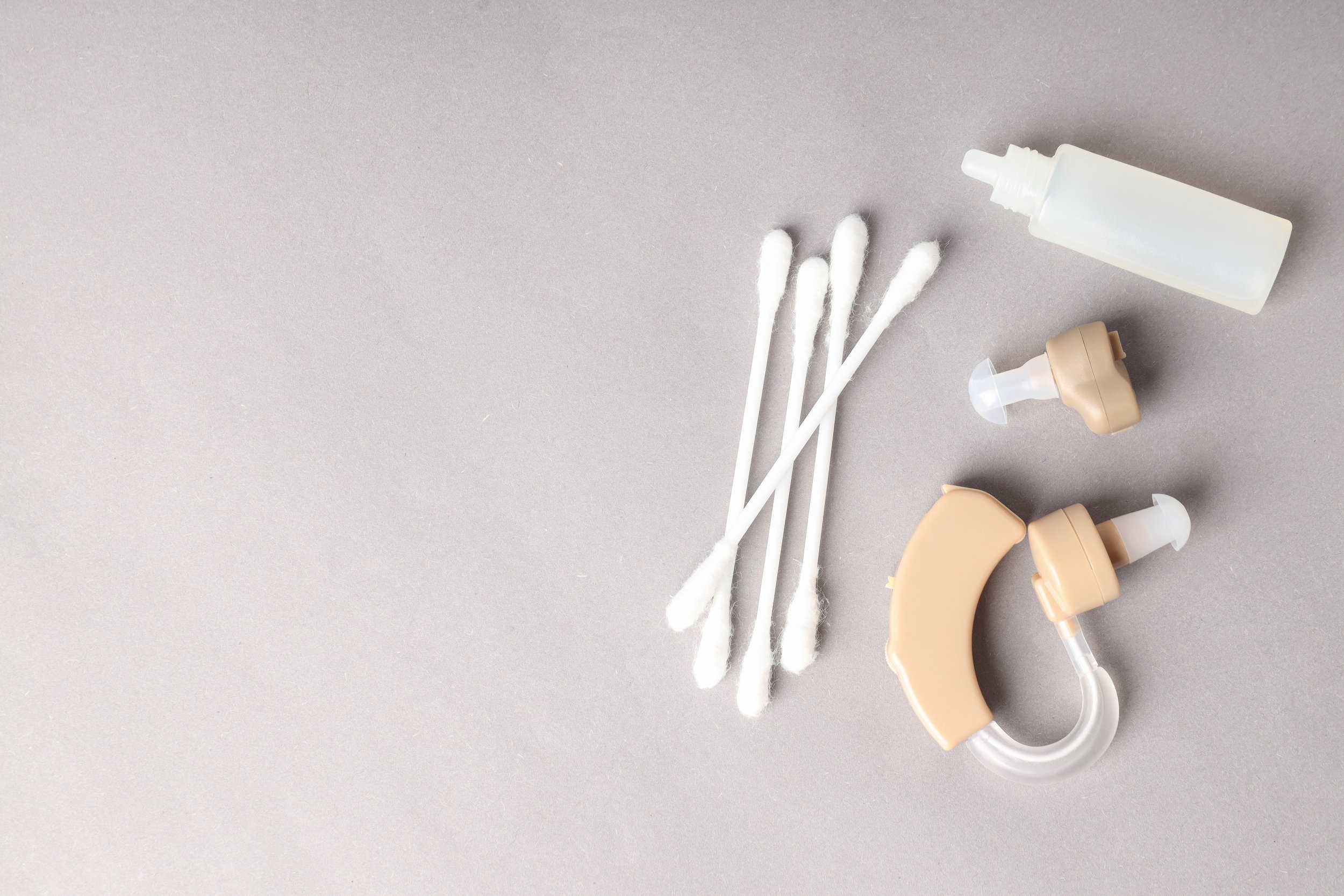
How to Clean Hearing Aids at Home?
Your hearing aids will require cleaning like anything else you use regularly. Quality hearing aid cleaning will provide years of reliable and better hearing.
Hearing aids are a significant investment, so it’s in your best interest to take good care of them. Learning how to clean and maintain them at home will help to ensure they last longer and continue to work well. Given the fact that they’re worn around or in your ear, they’re subject to earwax and moisture. Consistent and thorough cleaning you can do at home combined with routine maintenance provided by your audiologist will help to ensure you can hear clearly.

How Long Should My Hearing Aids Last?
It’s a question that often comes up for people who are new to hearing aids – how long do they last? The answer, of course, depends on a number of factors, such as the make and model of hearing aid, how well they’re taken care of and how often they’re used. That said, there are some general guidelines that can give you a ballpark idea. So, take a look at those guidelines and discuss some other factors that may affect hearing aid lifespan.
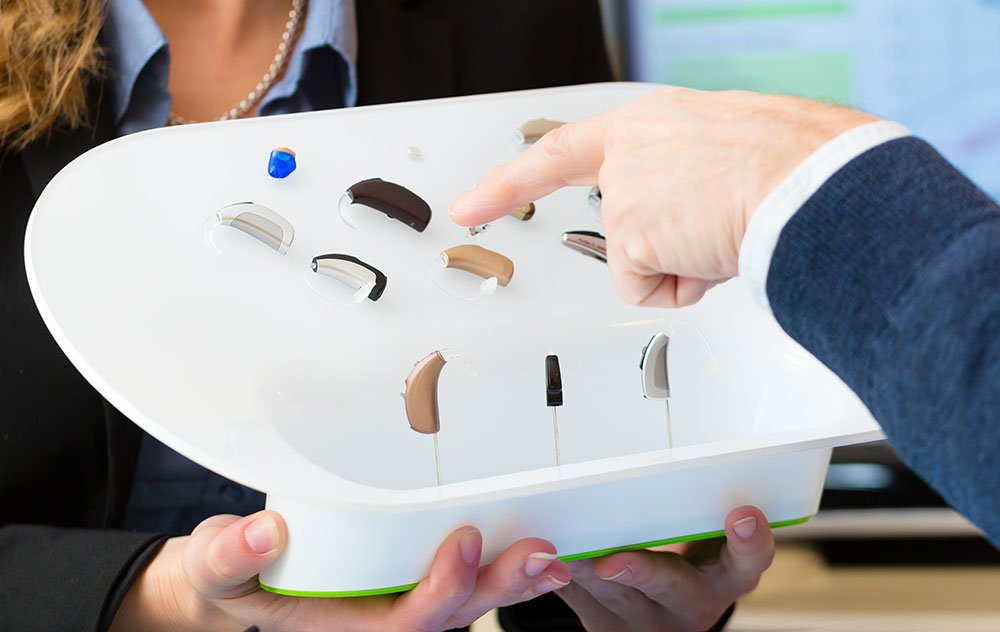
What Should You Know Before Buying Hearing Aids?
Approximately 28.8 million American adults, according to the National Institute of Deafness and Other Communication Disorders (NIDCD), could benefit from wearing hearing aids. Unfortunately, the latest hearing aids statistics reveal that only three million devices are in use in the United States. Needless to say, it leaves a lot of individuals who experience hearing loss without receiving any correction. Hearing loss without appropriate correction can be an isolating situation. Surprisingly, a large majority of people with hearing wait up to 15 years before buying their first hearing aids.
As a result, it’s easy to understand why the average age for first-time hearing aids wearers is 70. The more you wait, the older you will be when you decide to commit to a purchase. Unfortunately, you can’t afford to postpone hearing correction indefinitely.
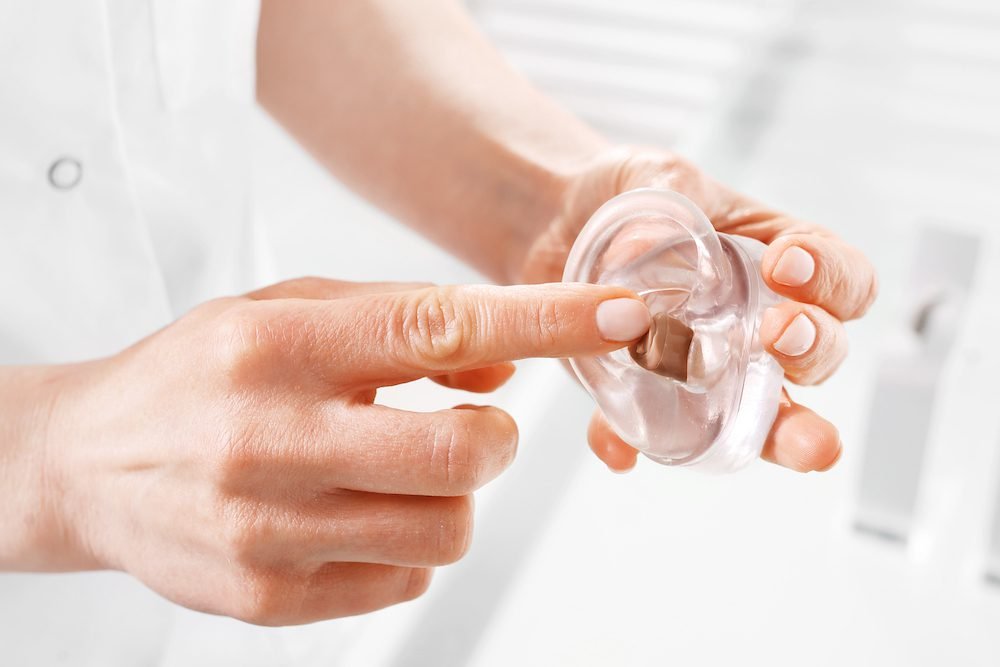
Hearing Aids vs Cochlear Implants
So, you’re thinking about hearing aids in comparison to cochlear implants and want to get more information on both? Although your audiologist is the best person to consult with regards to this, we’re going to delve into this topic in today’s blog post.
Hearing aids are devices that use the principle of amplification to make sound louder. They work by collecting sound waves, amplifying them and then transmitting the amplified sound to the ear. Cochlear implants are a type of hearing aid that is surgically implanted into the inner ear. This device stimulates the auditory nerve which results in electrical impulses being sent to your brain, which will eventually turn into sounds.
Hearing aids amplify sounds and transmit them to your ear, whereas cochlear implants are surgically implanted inside your ear and stimulate your auditory nerve for you to hear sounds. Let’s take a look in more detail.

What Level of Hearing Loss Requires the Use of a Hearing Aid?
Most people go for years before they realize they have a problem. Unfortunately, the longer you wait to get help, the more difficult it is to slow down the progression of the condition. People with hearing loss can experience secondary conditions, such as tinnitus and depression, if they don’t get help quickly.

The Benefits of Rechargeable Hearing Aids
Rechargeable hearing aids offer several advantages that extend beyond mere convenience. Let’s dig into these benefits to help you determine if they’re the right fit for you.
